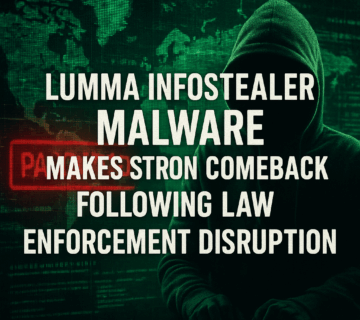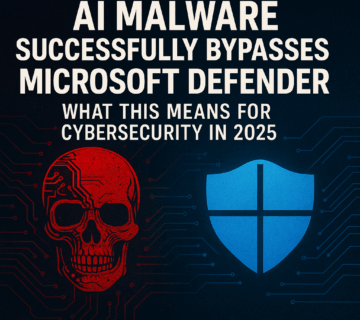A significant cyberattack on Louis Vuitton in July 2025, a luxury fashion brand, which resulted in the exfiltration of customer personal data from the United Kingdom, South Korea, and Turkey. Although no payment information was compromised, the incident is believed to be linked to the notorious ShinyHunters extortion group, following a pattern of attacks on other luxury brands like Tiffany & Co., Dior, and Adidas. The article outlines Louis Vuitton's immediate response and ongoing security measures, while also emphasizing the broader implications for luxury retail cybersecurity, including the critical role of third-party vendor security. Finally, it offers advice for consumers on how to protect themselves post-breach and presents industry best practices for data protection, concluding with an advertisement for cybersecurity services. ...
Read More



